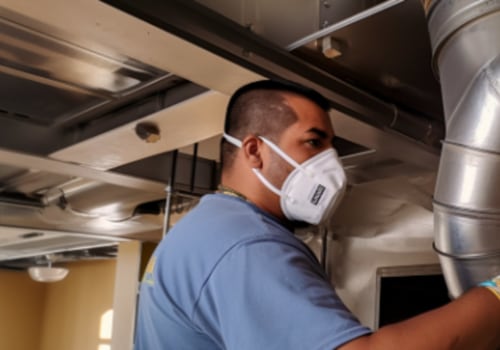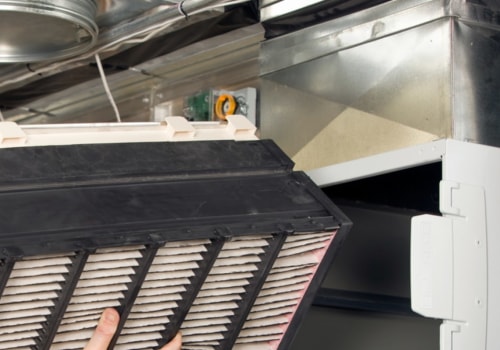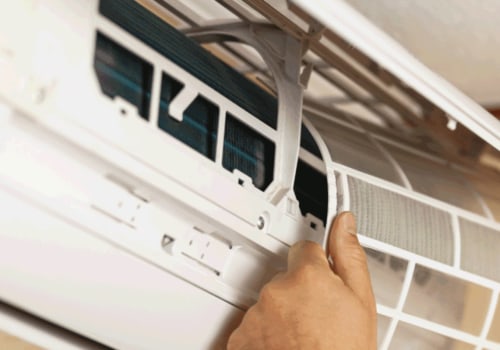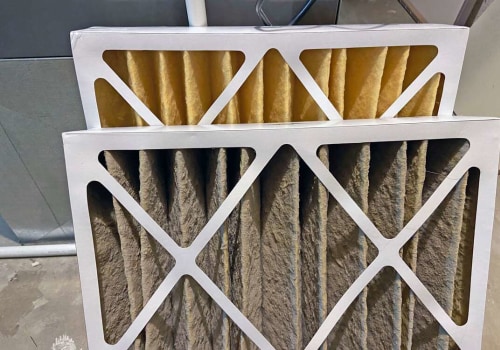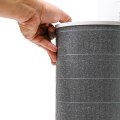When it comes to air conditioning, a dirty air filter can have a huge impact on the performance of your system. As dirt and debris accumulate in the filter, it restricts the airflow to the air conditioner, causing it to work harder and use more energy. This can lead to a range of issues, from an increased electric bill to a frozen air conditioner and even costly repairs. The buildup of dirt and debris in the air filter can cause poor cold air flow in the air conditioning system.
This can lead to ice forming on the coils, which will cause the air conditioner to freeze and stop working. Additionally, a dirty filter will put more pressure on the air conditioner, causing it to produce a lot of heat. This can lead to an overheated compressor, which is one of the most important and expensive components of an air conditioning system. If the compressor is affected by return flow due to a very dirty filter, it can result in costly repairs or even a full replacement.
Furthermore, if the fan struggles to pump air through the clogged filter, it will consume a lot of energy and contribute to a high electric bill. It's especially important to change the filter regularly if someone in your household suffers from asthma or respiratory allergies. A dirty filter restricts airflow to the HVAC system and puts additional pressure on the unit. Even if the decrease in airflow does not cause freezing, it won't provide adequate cooling power and you may end up having to replace your air conditioner early.
We recommend checking your air filter at least once a month, but advanced filters can last a little longer. If you have a disposable filter, make sure you have purchased the replacement before removing the existing filter. To clean reusable filters, you must remove them from the air conditioning unit safely and rinse them in warm water. In conclusion, if you want your air conditioner to last longer and be more energy-efficient, you should clean and maintain it regularly.
